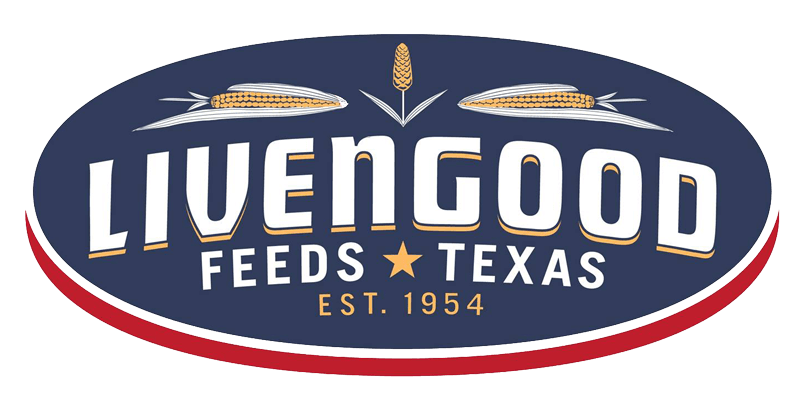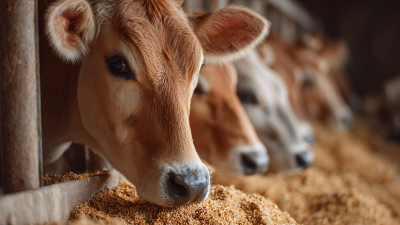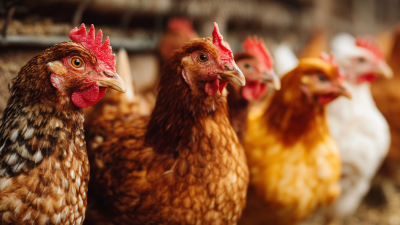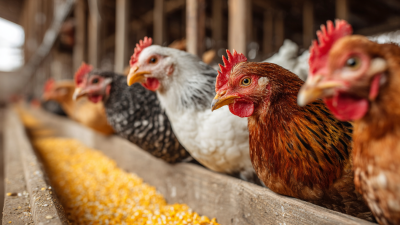2025 How to Choose the Best Quality Poultry Feed for Optimal Chicken Health and Growth
In the rapidly evolving poultry industry, ensuring optimal chicken health and growth starts with understanding how to choose the best quality poultry feed. According to the American Feed Industry Association, feed accounts for nearly 70% of the total cost in poultry production, making it critical for producers to select feed that not only supports growth but also enhances overall flock health. A recent report from the International Poultry Council highlights that birds fed with nutritionally balanced diets exhibit a 15% increase in growth performance compared to those on standard rations, underscoring the importance of investing in superior feed.
Dr. Emily Thornton, a well-respected expert in poultry nutrition, states, “The best quality poultry feed is not just about high protein levels; it’s about a balanced formulation that meets all the nutritional needs of the birds throughout their growth phases.” This sentiment emphasizes the need for a comprehensive approach when selecting feed products, considering factors such as ingredient sourcing, nutrient density, and the specific developmental stages of the birds. As producers strive to maximize their output while ensuring animal welfare, understanding and selecting the best quality poultry feed becomes not only a financial imperative but also a key driver of success in the poultry sector.
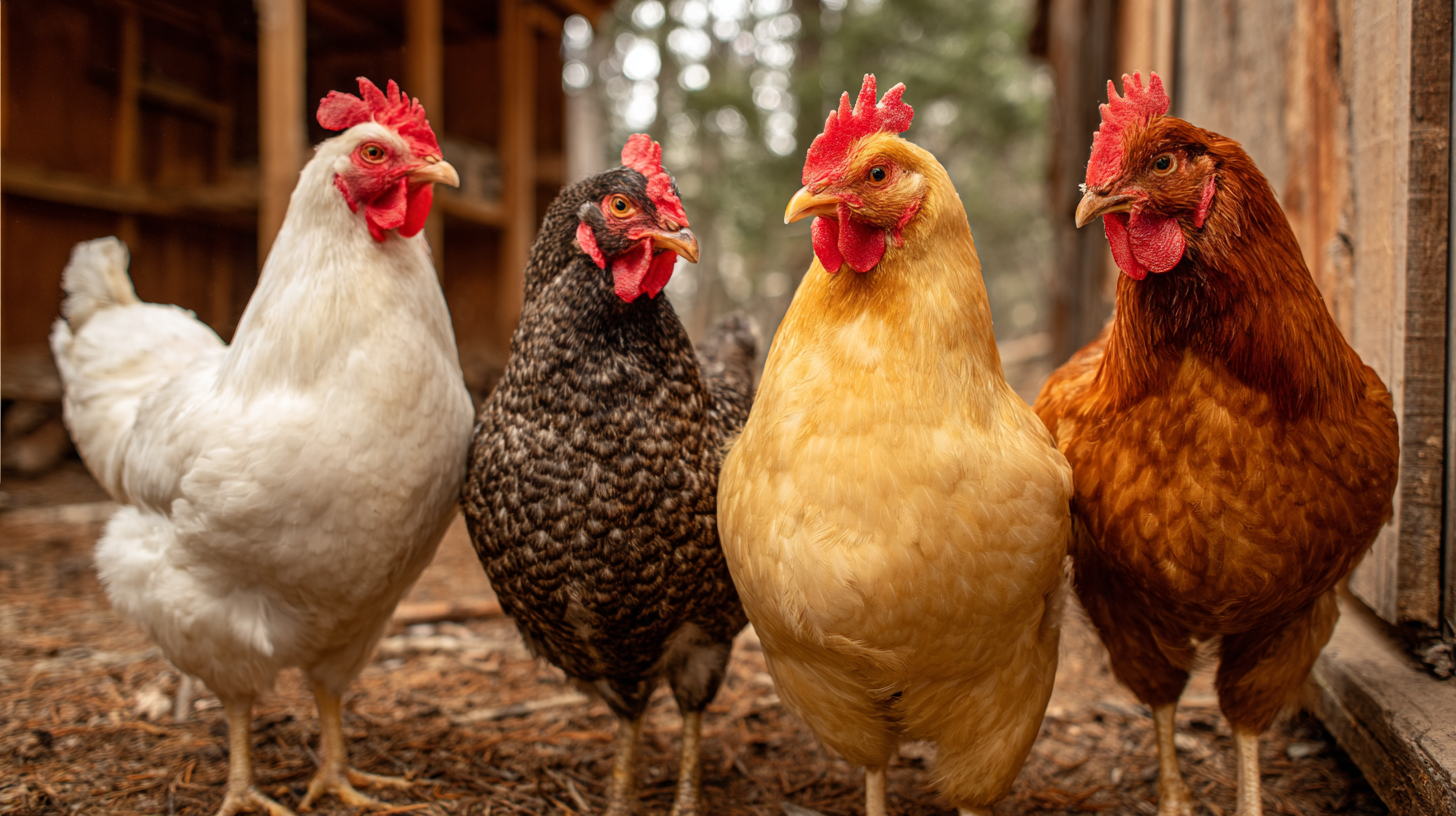
Understanding the Nutritional Needs of Chickens for Optimal Growth
Understanding the nutritional needs of chickens is critical for ensuring their optimal growth and health. Chickens require a balanced diet that includes essential nutrients such as proteins, carbohydrates, fats, vitamins, and minerals. Proteins are vital for muscle development, while carbohydrates provide the necessary energy for their daily activities. Fats play a crucial role in energy storage and nutrient absorption, making them an essential component of poultry feed.
Additionally, vitamins and minerals are indispensable for maintaining overall health and supporting various physiological functions. For instance, calcium is crucial for strong eggshell formation, while phosphorus aids in bone development. Vitamins like A, D, and E contribute to healthy vision, bone growth, and immune function, respectively. Therefore, selecting poultry feed that is specifically formulated to meet these nutritional requirements is essential to promote vigorous growth and prevent health issues in chickens.
Identifying Quality Ingredients in Poultry Feed for Chicken Wellbeing
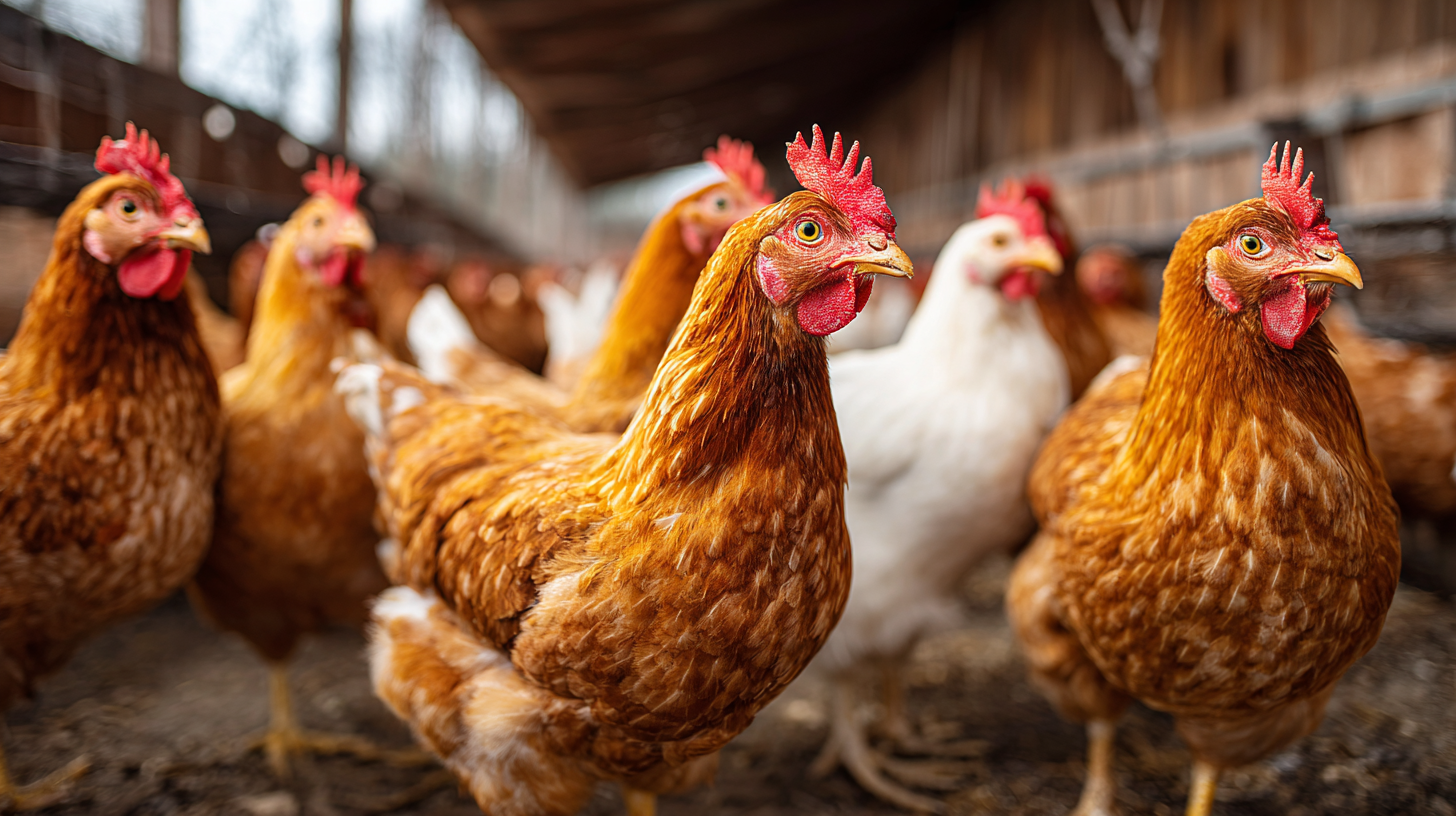 When selecting poultry feed for optimal chicken health and growth, it is essential to identify quality ingredients that contribute to the wellbeing of your flock. High-quality poultry feed should contain a balanced mix of proteins, vitamins, and minerals necessary for strong development and productivity. Look for whole grains like corn, wheat, or barley as primary ingredients, as they provide essential carbohydrates and energy. Additionally, protein sources such as soybean meal or fish meal are crucial for muscle development and egg production, ensuring your chickens thrive.
When selecting poultry feed for optimal chicken health and growth, it is essential to identify quality ingredients that contribute to the wellbeing of your flock. High-quality poultry feed should contain a balanced mix of proteins, vitamins, and minerals necessary for strong development and productivity. Look for whole grains like corn, wheat, or barley as primary ingredients, as they provide essential carbohydrates and energy. Additionally, protein sources such as soybean meal or fish meal are crucial for muscle development and egg production, ensuring your chickens thrive.
Tips: Always check the ingredient list on the feed bag. Ingredients are typically listed in order of weight, so prioritize feeds with whole ingredients at the top. Avoid feeds filled with fillers or artificial additives, as these can lead to nutritional deficiencies. It's also beneficial to opt for feeds that include probiotics and prebiotics, promoting digestive health and enhancing nutrient absorption.
Lastly, consider the specific needs of your flock. Different chicken breeds have varying nutritional requirements, depending on their age and purpose (meat production or egg-laying). Consulting with a poultry nutritionist can help tailor your feed choices, ensuring a healthy and productive environment for your chickens. Keeping track of changes in their health and growth can guide future feed selections.
Comparing Conventional vs. Organic Poultry Feed Options
When considering the best poultry feed for optimal chicken health and growth, the debate between conventional and organic options is pivotal. Conventional poultry feed typically contains animal by-products, synthetic additives, and genetically modified grains, which can lead to faster growth rates and lower production costs. According to a report from the Feed Industry Association, around 65% of poultry feed in the U.S. is conventional, primarily due to its affordability and abundance. However, concerns regarding antibiotic resistance and the welfare of livestock have led many producers to reconsider their feed choices.
On the other hand, organic poultry feed, which is free from synthetic pesticides and fertilizers, offers a more natural approach. A study from the University of California found that chickens fed organic feed tend to exhibit healthier immune responses and better overall vitality compared to those on conventional diets. While organic feed can be more expensive—often 20% to 30% higher than conventional options—consumers are increasingly demanding higher quality and ethically sourced poultry products. As the demand for organic continues to rise, it becomes crucial for producers to balance cost-effectiveness with the health benefits associated with organic feeding practices.
Comparison of Nutrient Levels in Conventional vs. Organic Poultry Feed
This chart compares the average nutrient levels found in conventional and organic poultry feed options, emphasizing key components like protein, fat, and fiber that contribute to optimal chicken health and growth.
Evaluating Feed Labels: What to Look for in Poultry Nutrition
When evaluating poultry feed labels, it is crucial to identify key components that reflect nutritional quality, which directly impacts chicken health and growth. Look for labels that detail the protein percentage, as high-quality protein sources, such as soybean meal or fish meal, contribute significantly to muscle development and overall vitality in chickens. Additionally, the inclusion of vitamins and minerals—such as calcium, phosphorus, and vitamins A and D—plays a vital role in supporting bone strength and immune function.
Another critical aspect to examine is the presence of additives like probiotics and prebiotics, which can enhance gut health and nutrient absorption. Reading labels thoroughly will help you avoid feeds that contain excessive fillers or artificial preservatives, as these can negatively affect the birds' growth and health. As advancements in food technology, such as cell-cultured meat, reshape consumer perceptions of poultry production, selecting the right poultry feed remains essential for ensuring optimal performance and welfare in chicken farming.
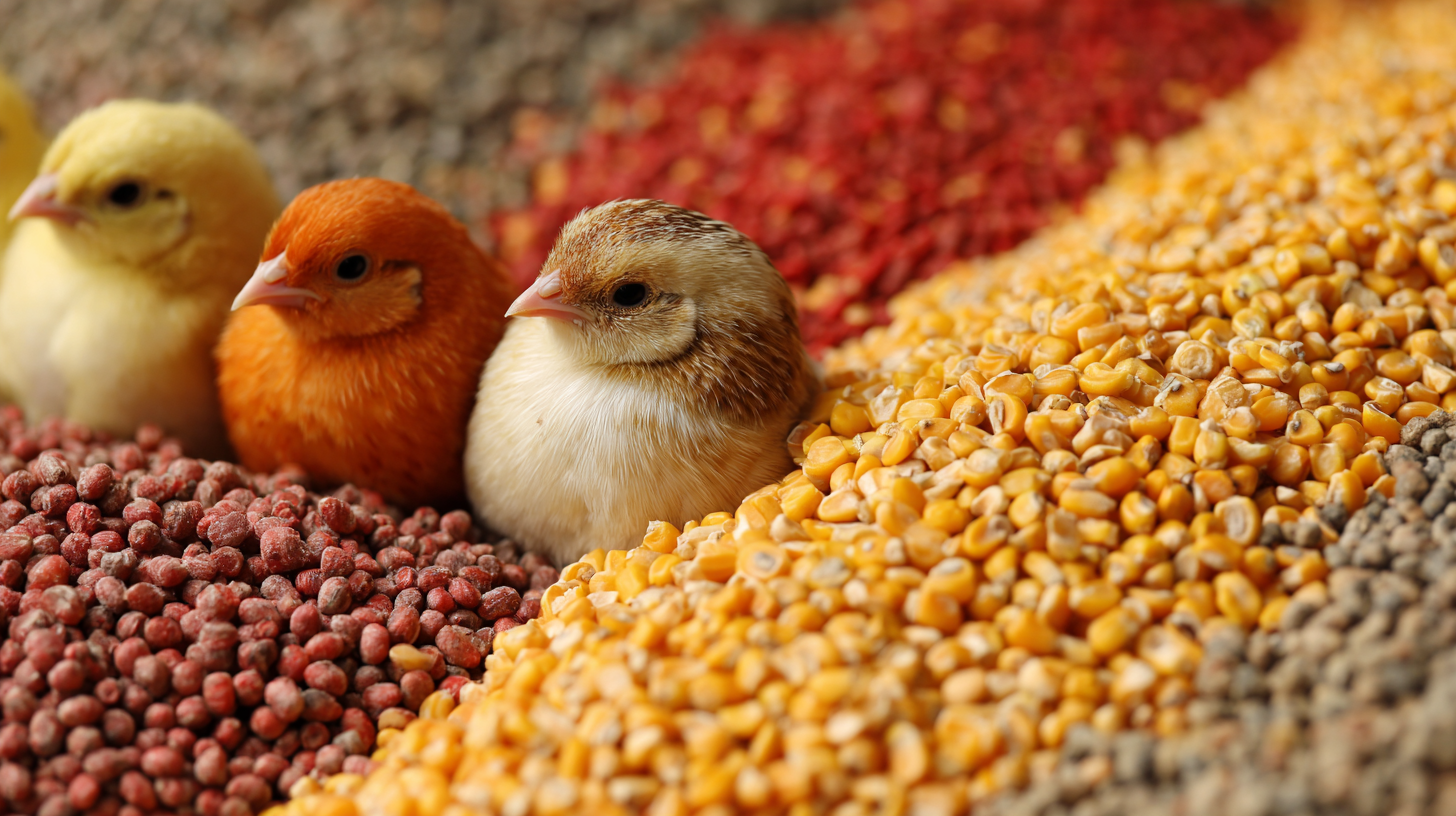
Consulting with Experts: The Role of Nutritionists in Poultry Feed Choices
When it comes to selecting the best quality poultry feed for optimal chicken health and growth, the expertise of nutritionists plays an invaluable role. According to the 2021 report from the International Journal of Poultry Science, the nutritional composition of feed significantly impacts not only growth rates but also egg production and overall flock health. Nutritionists utilize their advanced understanding of nutrient requirements, digestibility, and feed formulation to create optimal diets tailored to specific breeds and growth stages. This targeted approach ensures that chickens receive the essential vitamins, minerals, and amino acids they need for healthy development.
Furthermore, industry standards suggest that up to 70% of poultry production costs are related to feed, emphasizing the importance of strategic feed formulation. A comprehensive study published by the Feed Research Institute reveals that implementing customized feeding strategies can improve feed conversion rates by 15-20%. By collaborating with nutritionists, poultry producers can effectively reduce costs while enhancing productivity and sustainability. Their expertise not only aids in choosing the right feed ingredients but also ensures the longevity and health of the flock, leading to a more profitable operation.
